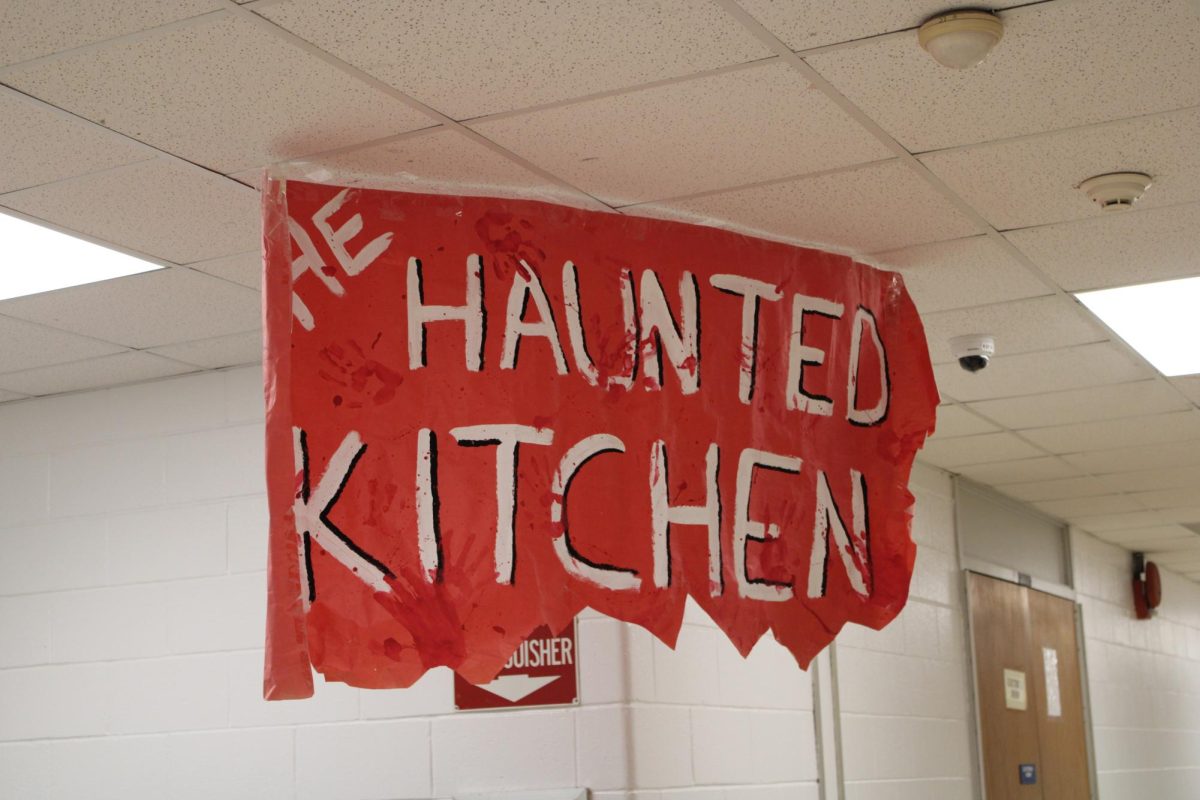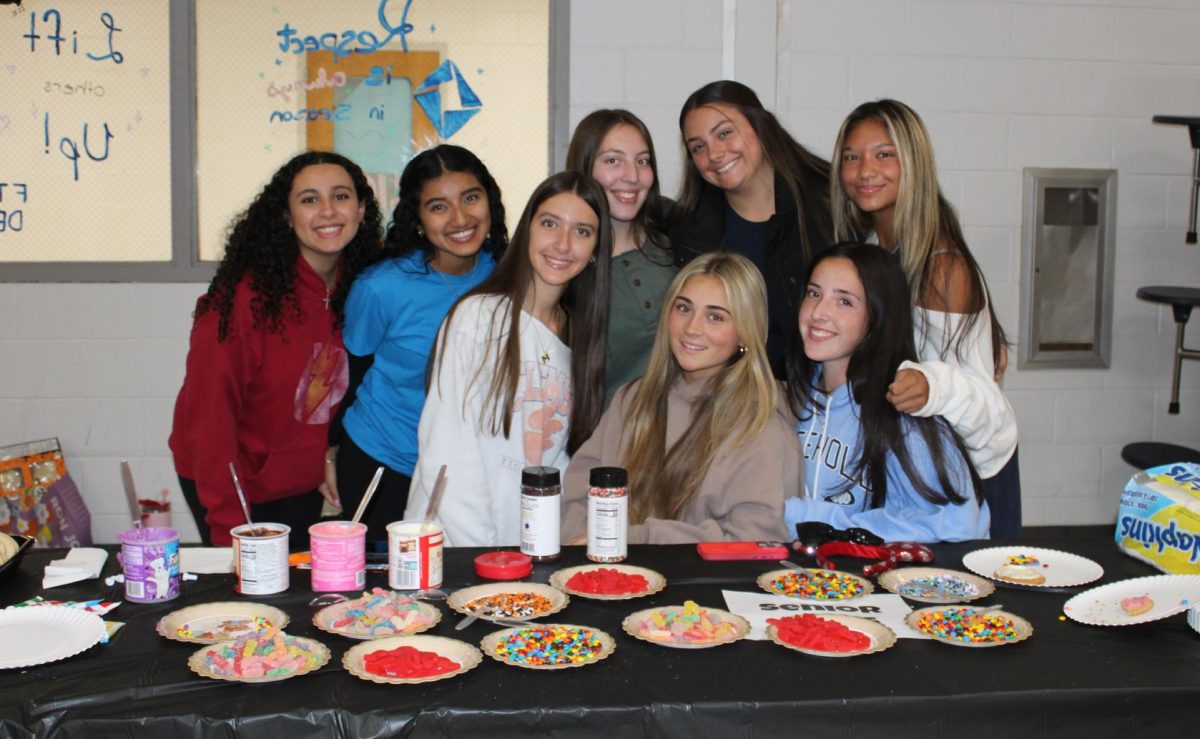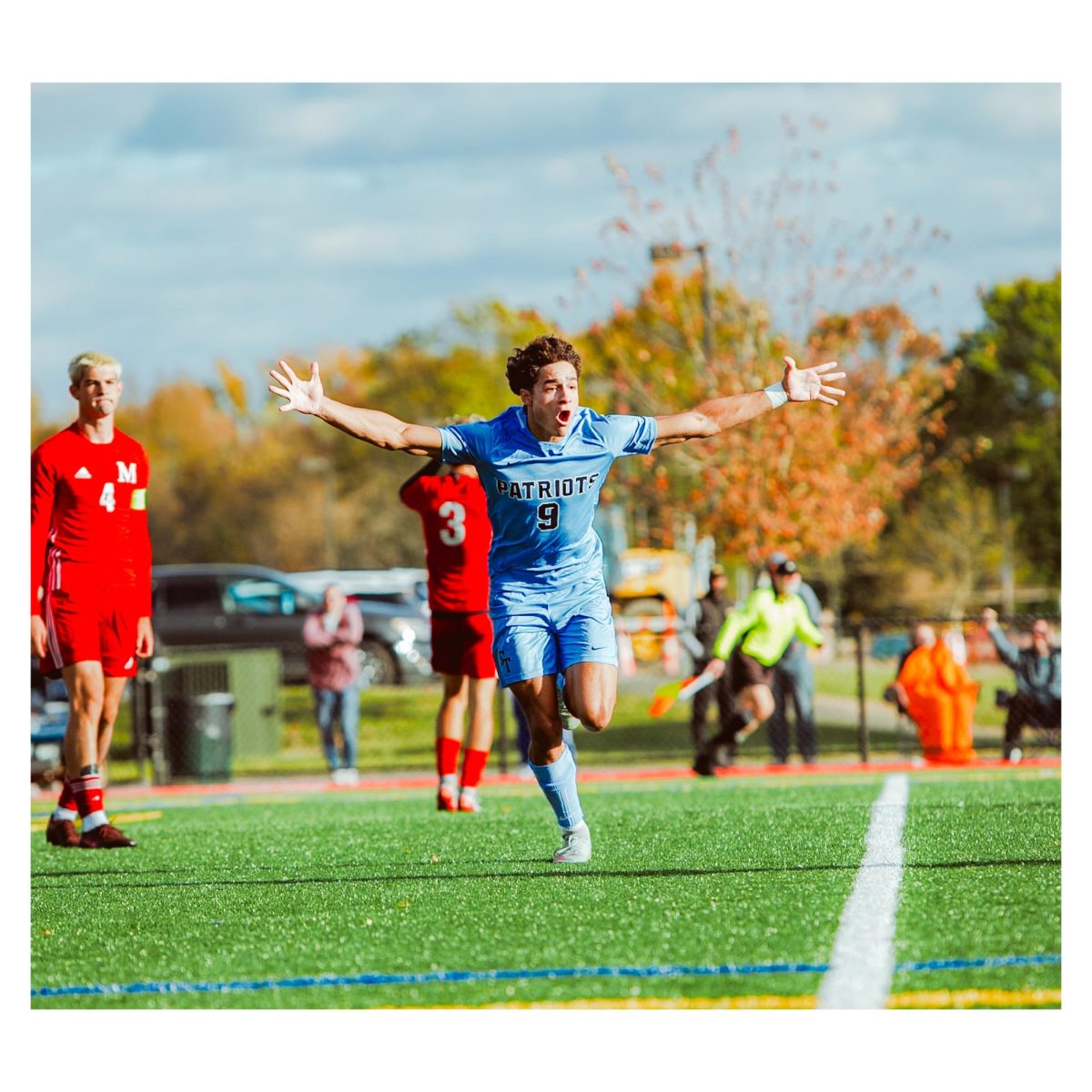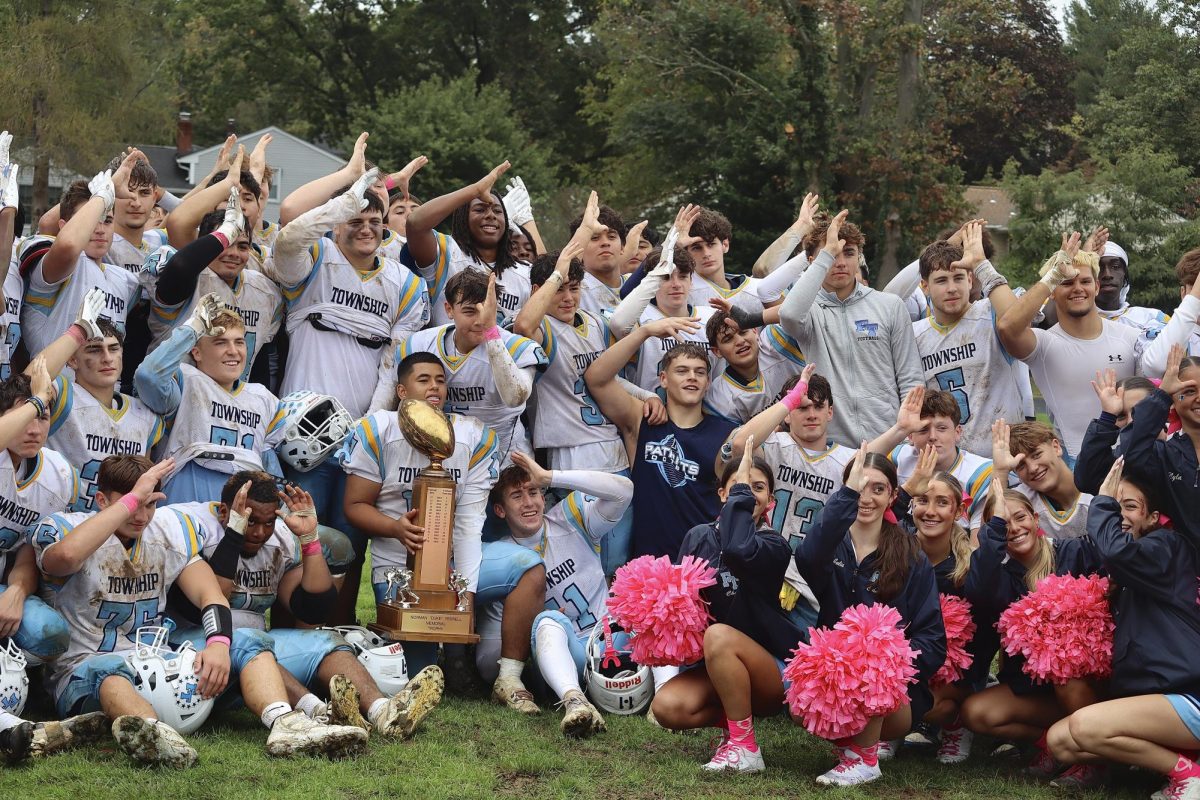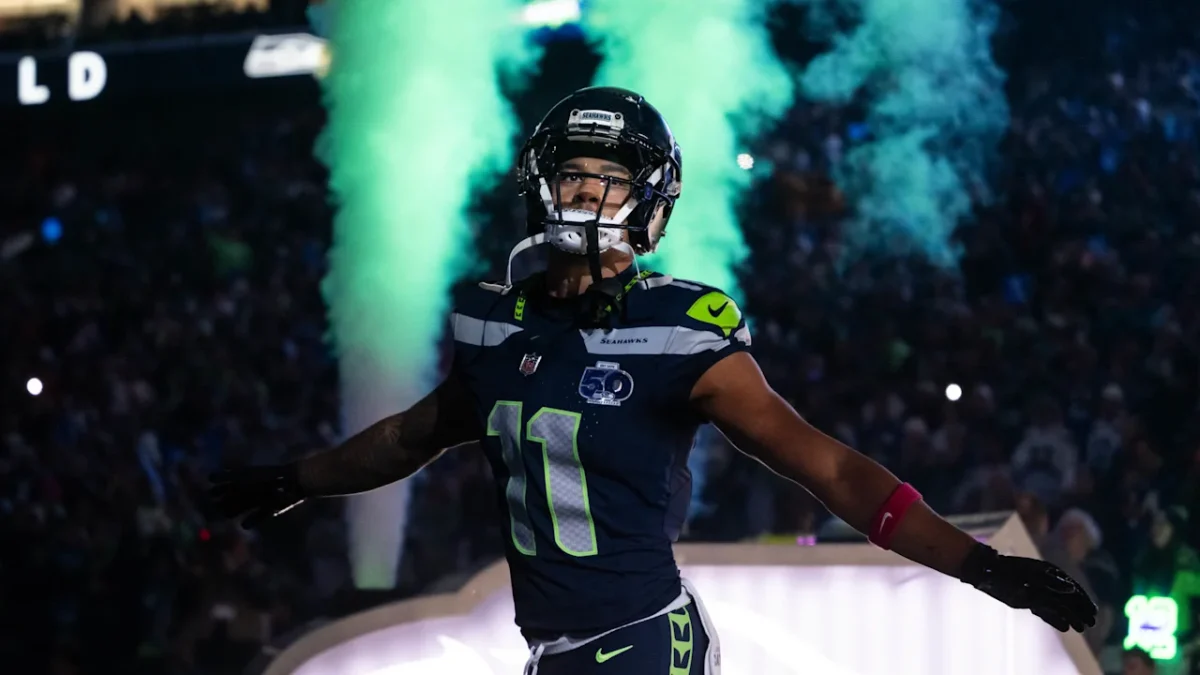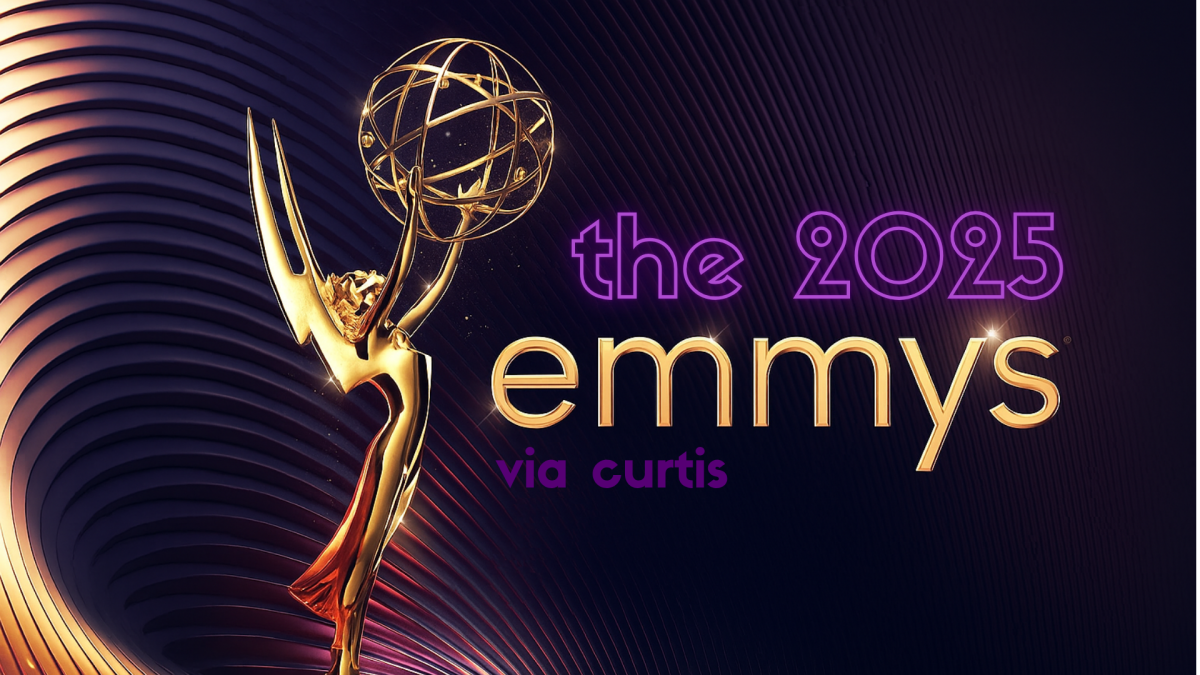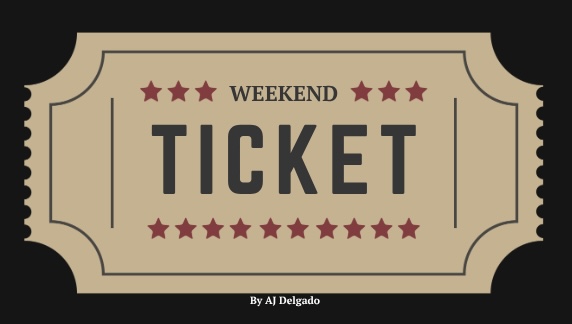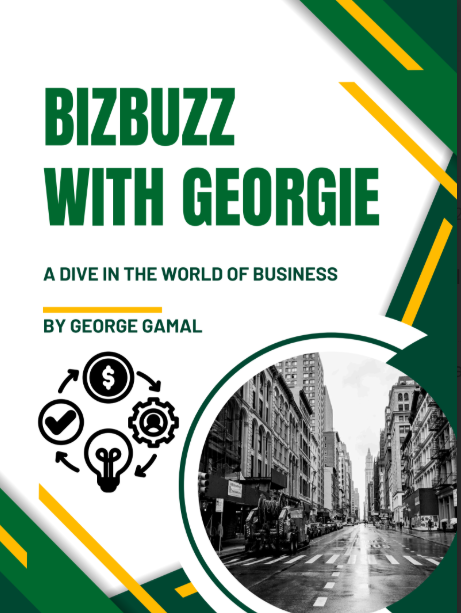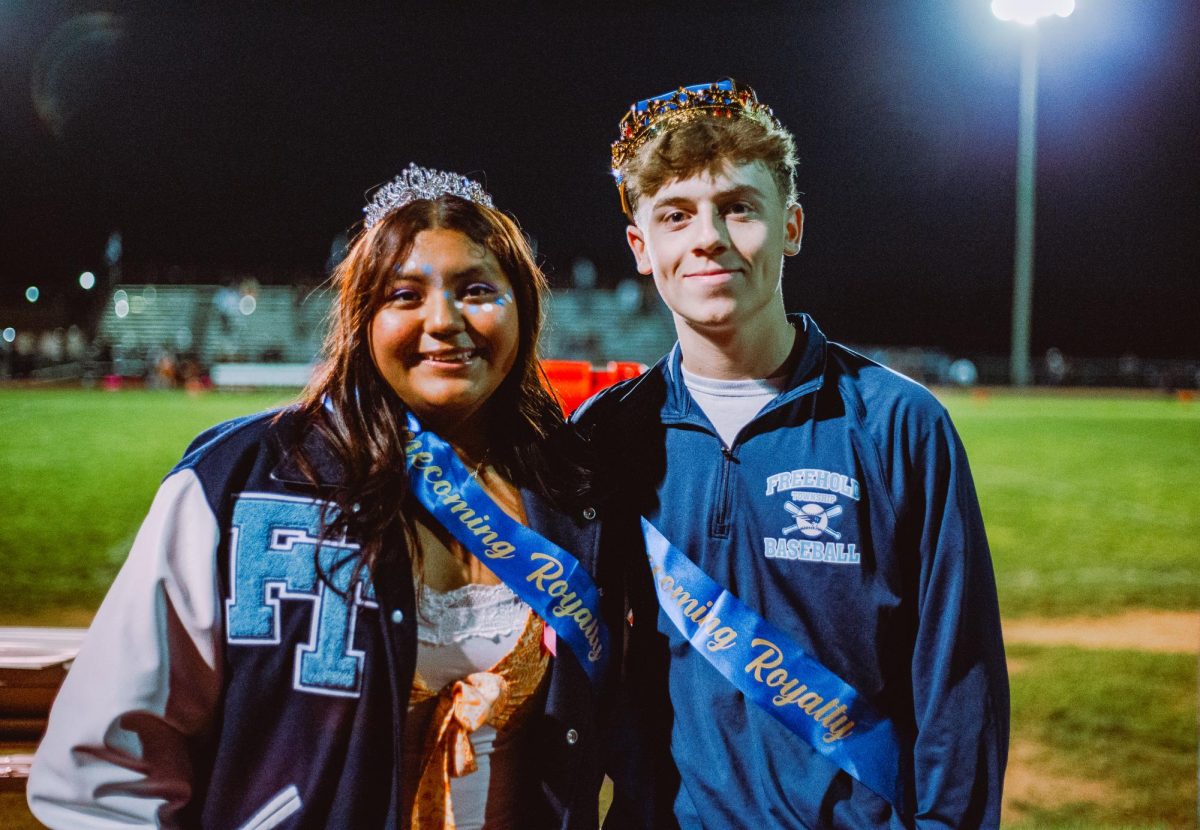Reed Books: If We Were Villains
March 14, 2021
*Major spoilers ahead*
As M. L. Rio’s first and only novel, If We Were Villains is a fascinating study in foreshadowing, both in the plot itself and in Rio’s career. The book follows Oliver, a fourth-year student studying Shakespeare, and his classmates when the bully of the group, Richard, is killed. The group must navigate their own guilt as well as the mystery behind the murder itself.
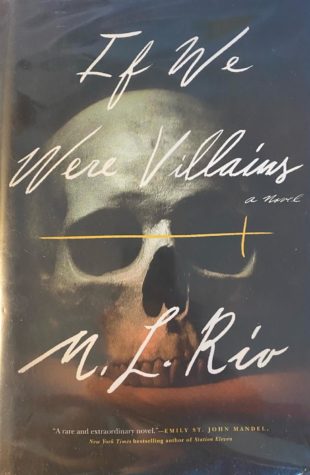
But this is not a classic murder mystery; If We Were Villains gives a lot away from the very beginning. Every “act” of the novel begins with a prologue, told from Oliver ten years in the future as he is let out of jail. Once Richard is dead, and we know that Oliver was not the one who killed him (technically), the questions double. If Oliver didn’t kill him, who did? And why was Oliver arrested for it?
One of the passages that sticks out to me the most is early in the book. Oliver repeatedly compares his own life to a Shakespearen tragedy, and when his teacher, Frederick, asks what a tragedy may encompass, Oliver’s classmates’ answers align with their respective roles in Richard’s death, which hasn’t even happened yet. “Alexander: ‘Source material.’ Wren: ‘Imagery.’ Meredith: ‘Conflict, internal and external.’ Me: ‘Fate versus agency.’ James: ‘The tragic hero.’ Richard: ‘The tragic villain.’” Even when I read it the first time, the division of these answers excited me, and going back after finding out what really happened only enhanced this. Alexander is a source of violence towards Richard; he convinces James and Oliver to get in a fight with him while performing Caesar before his death. Wren’s imagery, of her being thrown off of Richard when she tries to comfort him, is what angers James into following him and, eventually, killing him. Meredith’s internal conflict, trying to decide between Richard and James, turns external in her fight with Richard, which sets him off in a rage, throwing Wren away when she tries to calm him down. Oliver himself takes the fall for James and goes to jail because he chose to, even though he didn’t actually kill Richard. James, of course, is the tragic hero who kills Richard, the tragic villain.
And this is on page 32, way before Richard actually dies. This doesn’t give away the actual plot, but it enhances it on the second read.
The whole book continues in a semi-meta way, always hinting at its own knowledge that it is a piece of fiction itself. It’s told in acts and scenes, prologues and epilogues. Only twenty pages out from the end, Oliver isn’t even in jail yet. He says, “In that one brieg moment, I actually wondered if ‘okay’ or something like it might still be possible. But that is how a tragedy like ours or King Lear breaks your heart – by making you believe that the ending might still be happy, until the very last minute.”
Oliver learns everything as the reader learns it, so to hear him talk from prison when we don’t know how he got there is particularly effective. His character is foreshadowed as well – being referred to as “oblivious” twice in the early chapters, and then being oblivious to the events of the night until they are revealed to him. Everything in the book, unlike Richard’s death, is very well planned.
Still, If We Were Villains is not without pitfalls. The pacing is frustrating to get through – for the first 100 words, nothing notable happens. Then Richard dies, and the 200 words after that are just the characters working through their emotions, and subplots being taken up and dropped again. Finally, everything happens at once in the last 20-30 pages, and then the book is… done. It moves quickly, and it’s easy to read, but I feel like the middle hundred pages or so are performative, without a lot of substance.
Fortunately, the foreshadowing, overall plot, and clever structure make up for this downfall. If We Were Villains is certainly worth your time, and, if this book foreshadows Rio’s career as well as it does its own plot, I can’t wait to read her next one.






